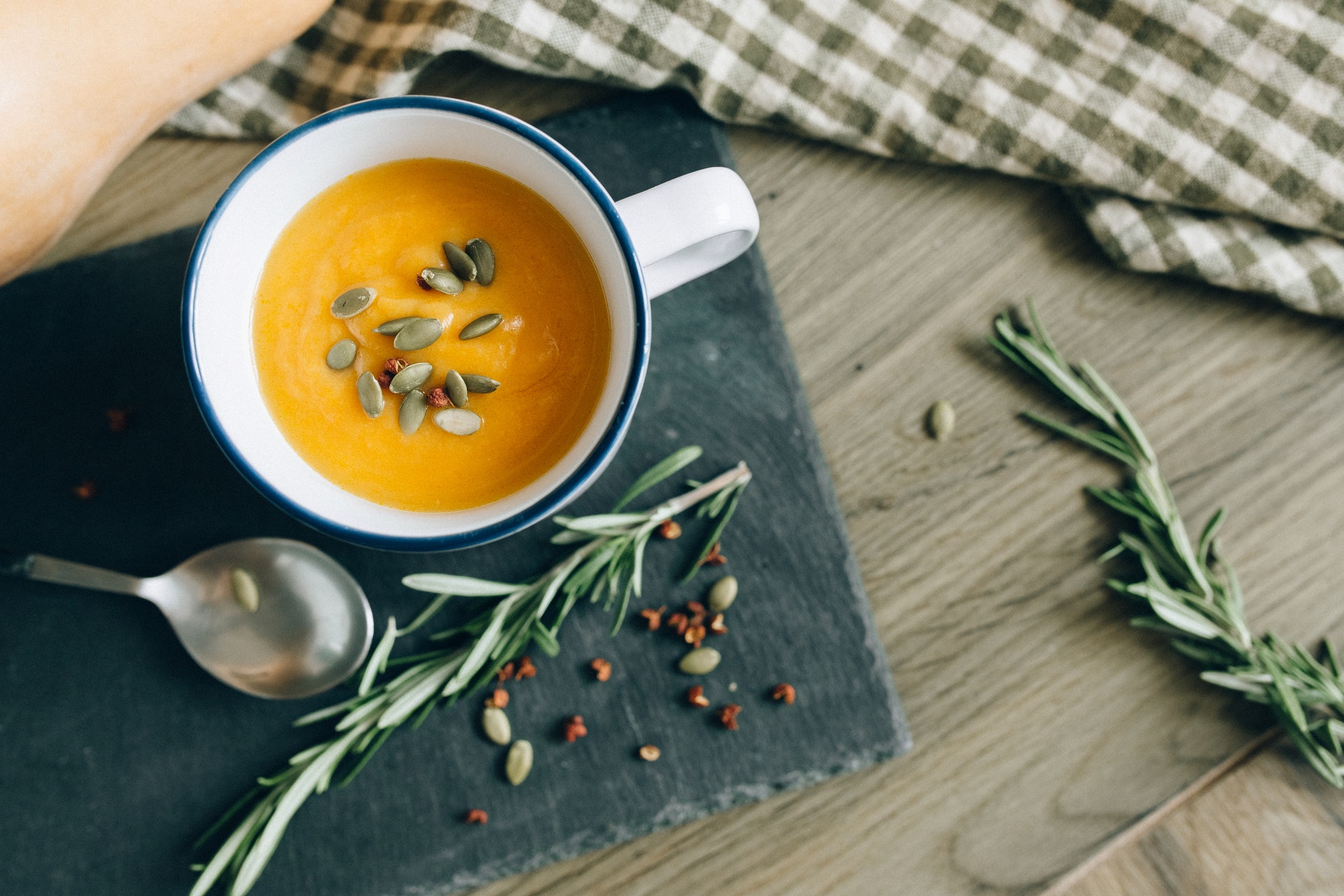Everybody knows that food is what gives our bodies the energy we need to survive. But not everybody is aware that certain foods should be consumed during specific times of the year. In areas like the Midwest, where fruits and vegetables are harder to keep on hand when the weather becomes colder, this principle is followed a little more closely. But in areas like Hawaii and Southern California, where fresh fruits and vegetables are always available and the climate is more moderate, people sometimes forget to eat according to the seasons.
Traditional Chinese Medicine is a medical system that has been around for nearly 4,000 years. When this system came into being, people were much more in tune with the seasons and their environment. The foods they consumed were based on the seasons and when those foods were available. This is a system that should be followed for people to remain healthy throughout the year, regardless of where they live.
In Traditional Chinese Medicine, winter is a time of reflection and rejuvenation. The body needs the extra hours of darkness to repair. The kidneys are the center of energy in the Traditional Chinese Medicine system and thus, they need to be nourished during the winter months. It is recommended we consume foods that are warming and that will boost the kidney energy. We also need to eat foods that benefit the Shen (spirit) so that the winter months don’t bring about depression.

Things like soups and stews are extremely important during the cold winter months. Energetically, warming foods such as anchovies, bay leaves, chestnuts, chicken, fennel, leeks, mussels, mutton, nutmeg, pine nuts, sweet potatoes and walnuts are all great to incorporate into the diet. Also, foods that boost kidney energy are just as important. Items like millet, sesame seeds, kidney beans, lamb, beef, goose, duck, eggs, grains, seeds and nuts are all good tonics for the kidneys. Bone broth is another important food to consume during the winter months, as it supports the bones and the kidneys. It is recommended that the foods be cooked for longer periods and at lower temperatures to retain as much energy as possible. It is also advisable to eat more food with bitter flavors while reducing salty flavors, so that heart health is promoted and the workload of the kidneys is reduced. Bitter-flavored foods include apricot, asparagus, celery, coffee, tea, grapefruit, lettuce, kale, vinegar and wine.
One of the most commonly used foods is something known as congee. Congee is a thick grain-based soup or porridge. Congee is used in a preventive fashion to promote good health and strong digestion. Congee can be made with a single grain, like brown rice, or a combination of grains, beans, vegetables and medicinal herbs. Incorporating this item into the daily diet will improve energy levels over time. Congee is prepared in a crock pot overnight, which fits in perfectly with the aforementioned principles of slow cooking at lower temperatures. It is said that the longer the congee cooks, the more powerful it becomes.
Kidney Bean, Tomato & Winter Squash Soup
- 2TBSP butter
- 1 medium red onion
- 4 cloves of garlic, halved
- ½ cup chopped celery
- ½ cup chopped parsnip
- ½ cup chopped yam
- 14 oz plum tomatoes
- Pinch of rosemary
- 3 slices of ginger
- 1-2 small dried hot red peppers
- 1 15 oz can of kidney beans
- 5 cups of water
- 3 cups of Kombachu or butternut or hubbard squash, diced into 1 inch cubes
- Salt to taste, ground pepper
- 1 TBSP balsamic vinegar
- Chopped cilantro/parsley garnish
Heat the butter in a saucepan oven and add the onion. Cook until it is just softened. Add the garlic, parsnip, yam and cook for about 3 minutes over medium heat. Add the tomatoes, rosemary, ginger, peppers, beans and water. Bring to a soft boil, reduce heat, cover and let simmer for about 1/2 hour – stir occasionally. Add squash and simmer for about 1 hour until the squash is tender. Check liquid levels, add water if necessary and don’t forget to stir occasionally. Add salt and ground pepper, adjust seasonings to personal taste. Garnish each bowl with a sprig of cilantro or parsley.


